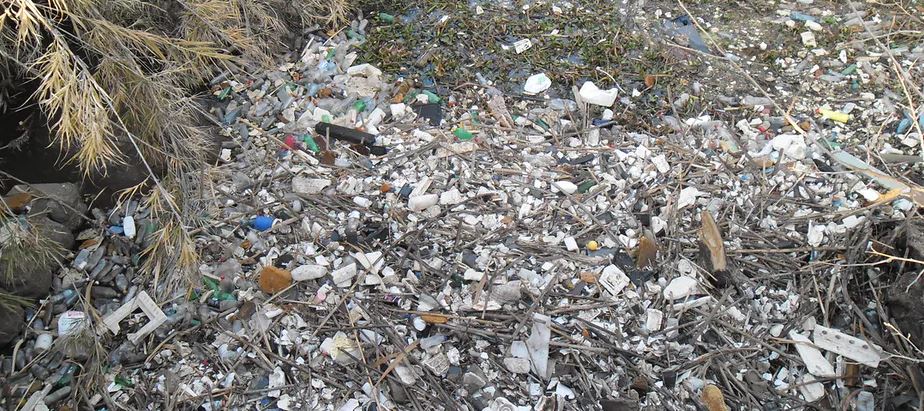In 2010, the United Nations recognised access to clean water and sanitation as a fundamental human right. However, over 4.1 billion people around the world, particularly in low- and middle-income countries, still do not have access to this human right.
Clean and safe water is necessary for basic life functions — for drinking, for cooking, for bathing, and more. When it is not available, people resort to alternative sources, which are often polluted with pathogenic bacteria arising from human waste. Using such water exposes people to waterborne diseases such as diarrhoea.
In cities, most households have access to treated water and good sanitation services. However, over 340 million people in sub-Saharan Africa, mostly in rural communities and informal settlements, do not. They may rely on rivers, lakes, and streams for their. In addition, over 270 million practise open defecation or have poorly constructed toilets. Most have no choice but to defecate outdoors, often disposing of their faeces directly into rivers — the same ones they use as sources of water.
We, a group of researchers in South Africa, wanted to know more about how different human activities around rivers in the country affected the microbial quality of the water. We wanted to understand the extent to which informal settlements, where access to basic sanitation and hygiene is limited or absent, affected the presence of waterborne bacteria.

